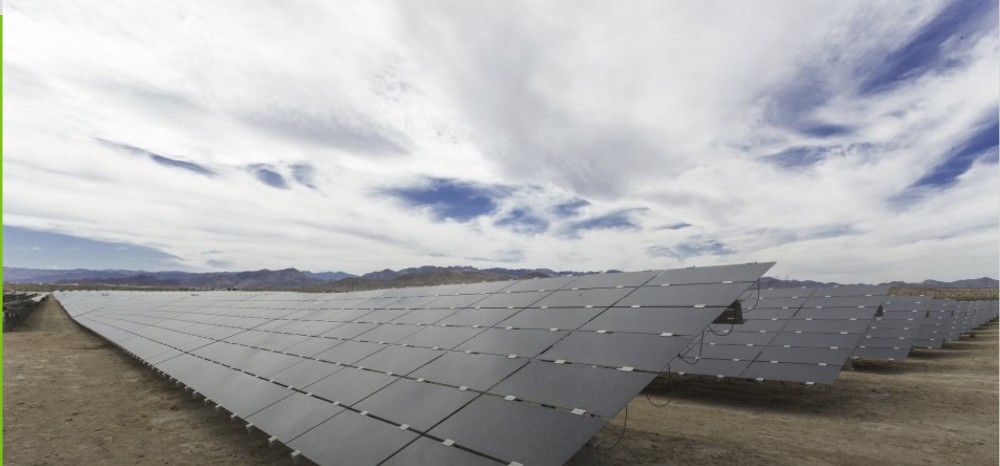
- Details
- By Native News Online Staff
Now that Governor Lujan Grisham has signed omnibus tax package for 2024 into law, the New Mexico Energy, Minerals and Natural Resources Department (EMNRD) is preparing to accept a new wave of applications for its Solar Market Development Tax Credit Program. There was a provision for tribal citizens.
The 2024 tax omnibus, House Bill 252, contains provisions that make the existing solar tax credit available to more New Mexicans. Those provisions include:
- Ensuring that tribal members who hold property in leasehold are eligible for the credit.
- Raising the annual cap on the total amount of credits that can be issued to $30 million per tax year.
- Making $20 million in tax credits available to individuals whose applications were rejected after the cap was reached in previous years (tax years 2020 through 2023).
First enacted in 2020, the Solar Market Development Tax Credit Program offers a tax credit up to 10% on solar system installation costs for qualified solar thermal and photovoltaic (PV) systems, up to a maximum of $6,000 per taxpayer per year.
Over the past three years, EMNRD was forced to reject hundreds of solar tax credit applications because the previous annual caps were quickly reached.
Since the program’s inception, more than 12,000 New Mexicans have received tax credits averaging $3,081.00 per credit. EMNRD estimates these New Mexicans have each saved an average of $1,624.00 per year in energy costs while adding more than 100 MW of distributed solar generation to the state’s power grid.
EMNRD staff has started a required process to update the administrative rules for the program, including writing new sections of the rule which apply to the $20 million in credits available for taxpayers who missed out on receiving a credit for solar systems installed between 2020 and 2023. That process will include publishing proposed rules for public comment.
Applications are currently being accepted for solar systems installed in 2024 on the EMNRD website. The aggregate cap on credits for the 2024 tax year is now $30 million.
“We are thrilled that the Governor and legislature enacted these new provisions to this incredibly popular program,” said Dylan Fuge, Deputy Secretary at EMNRD, which certifies systems for eligibility under the tax program.
“We have some groundwork to do before we can begin accepting applications based on these new provisions,” said Rebecca “Puck” Stair, director of EMNRD’s Energy Conservation and Management Division (ECMD). “We are already hard at wo
More Stories Like This
Gwich'in Tribal Governments Submit Comments Challenging Fish and Wildlife Service's Inadequate Environmental Review of Arctic Refuge Snow RoadRappahannock Tribe Challenges 9M-Gallon Water Plan
Feds release draft long-term plans for Colorado River management
Apache Leader Walks 60 Miles to Court Hearing That Will Decide Fate of Sacred Oak Flat
Rappahannock Tribe Raises Sovereignty and Environmental Concerns Over Caroline County Water Permit
Help us defend tribal sovereignty.
At Native News Online, our mission is rooted in telling the stories that strengthen sovereignty and uplift Indigenous voices — not just at year’s end, but every single day.
Because of your generosity last year, we were able to keep our reporters on the ground in tribal communities, at national gatherings and in the halls of Congress — covering the issues that matter most to Indian Country: sovereignty, culture, education, health and economic opportunity.
That support sustained us through a tough year in 2025. Now, as we look to the year ahead, we need your help right now to ensure warrior journalism remains strong — reporting that defends tribal sovereignty, amplifies Native truth, and holds power accountable.
 The stakes couldn't be higher. Your support keeps Native voices heard, Native stories told and Native sovereignty defended.
The stakes couldn't be higher. Your support keeps Native voices heard, Native stories told and Native sovereignty defended.
Stand with Warrior Journalism today.
Levi Rickert (Potawatomi), Editor & Publisher


